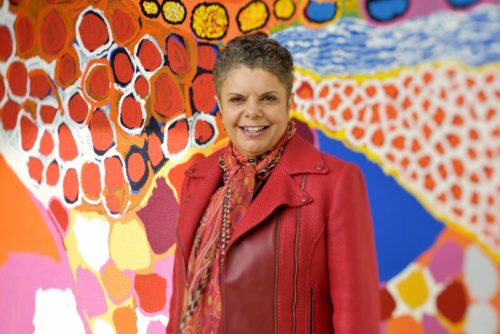
NEWS that leading Yorta Yorta composer, playwright and soprano, Deborah Cheetham, will replace Matthew Hindson as curator of the Canberra Symphony Orchestra’s “Australian Series” is bound to be widely applauded.
Famous for her 1997 stage play, “White Baptist Abba Fan”, which appeared here at The National Festival of Australian Theatre and the Street, she is a regular and enthusiastic visitor to Canberra, while composing, networking with First Nation artists, working as professor of practice at Monash University and as this year’s composer in residence at the Melbourne Symphony Orchestra.
I caught up with Cheetham by phone in Melbourne last week, where I found a composer on a mission.
Fiercely committed to the resurgence of Aboriginal and Torres Strait Islander music, Cheetham has advocated for the lyrics to “Advance Australia Fair” to be rewritten.
She is the composer of Australia’s first Aboriginal opera, “Pecan Summer”, “Eumeralla, a War Requiem for Peace” and “Dali Mana Gamarada”, sung in Gadigal for the opening ceremony of the 2000 Sydney Olympic Games.
These days she has commissions from around the country so when approached by the CSO who asked whether she had time, her reply was, “my answer is always no, but I want to do something new”.
“Singing is in my DNA… it’s just part of who I am,” Cheetham tells me. Stolen from her birth family when three years old and brought up by a white Baptist family who sang a lot of hymns, her uncle was the famous singer Jimmy Little and her Yorta Yorta grandma was a singer.
Besotted with “the greatest opera singer that ever lived – Dame Joan Sutherland”, she describes listening to her as “a life-altering experience”, so after school, headed for the Sydney Conservatorium of Music to study voice, with the vague idea that she might sing Tosca one day. She did.
“Then I had no real notion of what my true path would be… I was so involved in making my way through the conservatorium… it was a wonderful challenging road, although when you are perceived by others in a certain way they can discriminate against you, but I had my eyes firmly fixed on a career singing.”
Historically, there had been the famous Aboriginal tenor Harold Blair in the past, but she hadn’t heard of him and had no contemporary indigenous singers as a role model.
It was hard going, but by expanding into theatre and writing, she became a well-known performer, eventually turning to composition.
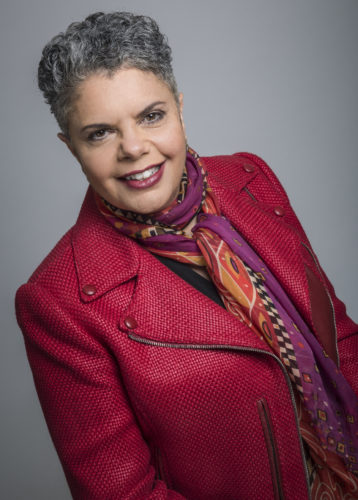
She formed the company Short Black Opera 12 years ago, which staged “Pecan Summer” in 2010, an opera based on the February 1939 Cummeragunja walk-off in Victoria.
“They say that necessity is the mother of invention and ‘Pecan Summer’ was a necessary work to offer roles for the many fine voices in the indigenous community. The necessity of it galvanised me into action.”
“I go back to my inheritance,” Cheetham says, explaining why she turned to composition.
“Music has become siloed, but our singers were storytellers like our painters and that’s why I found a home in opera, which is a beautiful collaborative art on a subliminal level.”
Although she belongs to a network of First Nation artists and companies around the world, first and foremost she’s interested in Aboriginal and Torres Strait Islander singers and composers, saying, “we have the longest musical practice in the world and we have a unique sound”.
In 2019 Matthew Hindson had her write a work of the Australian Series concert “Renewal”, a “fantastic experience”, she reports, so when the CSO approached to take over the reins, she agreed, and says she’ll be here for all her three concerts, though she can’t reveal yet what the works will be.
Early Australian composers, she believes, saw themselves as British, but now Australia has reached a point where we can recognise that there are so many gifted First Nation composers and a great wealth of repertoire.
“It’s a privilege to be in a position where you can help the strength of Australian composers and also to begin bringing a kind of confidence to Australian audiences,” she says.
“Canberra is different from any of the other capitals, it’s always had such a vibrant, big musical life and the concept of the bush capital as a city is one I’ve always found intriguing and heartening.”
She praises the Canberra Symphony Orchestra for its openness to First Nations’ music and is keen to see Indigenous performers collaborating with non-Indigenous musicians, but it concerns her that in the recent national Art Music Awards there was only tokenistic acknowledgement of Paul Stanhope’s Kimberley-inspired winning choral work, “I am Martuwarra”.
“Music-making is a relationship with community on the deepest level and what is lacking everywhere is a First Nations approach,” Cheetham says.
“I’m basically saying, ‘hands off – get out of the way so our composers can emerge’.”
Who can be trusted?
In a world of spin and confusion, there’s never been a more important time to support independent journalism in Canberra.
If you trust our work online and want to enforce the power of independent voices, I invite you to make a small contribution.
Every dollar of support is invested back into our journalism to help keep citynews.com.au strong and free.
Thank you,
Ian Meikle, editor
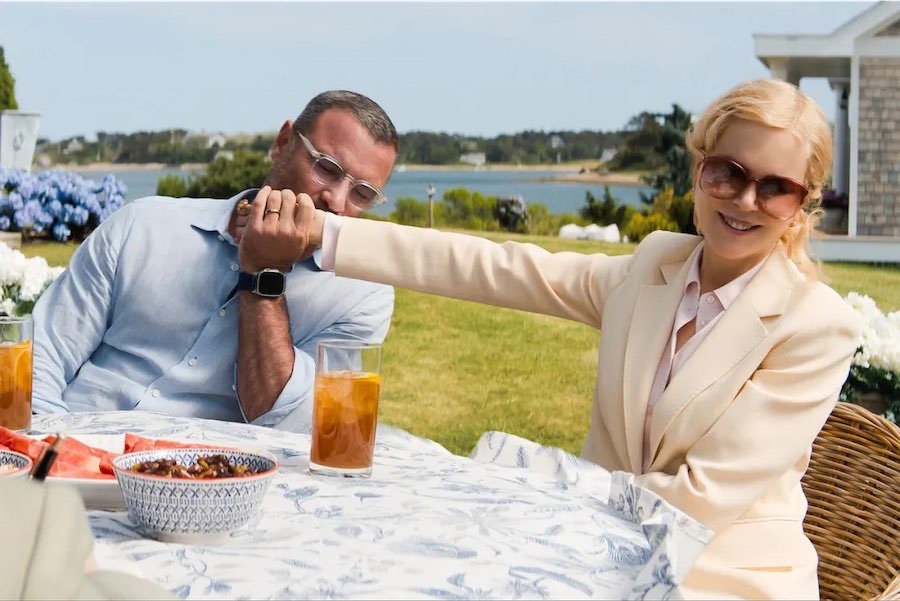
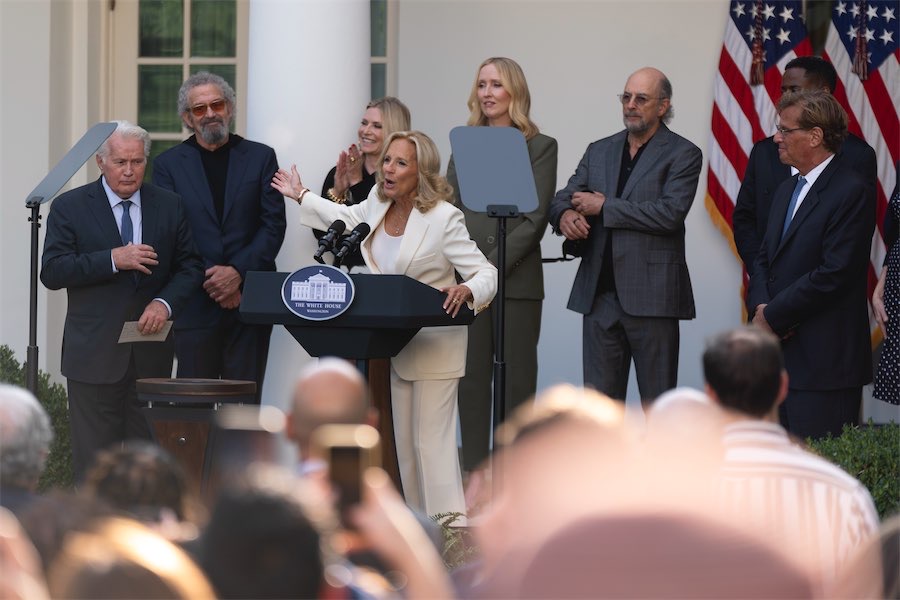
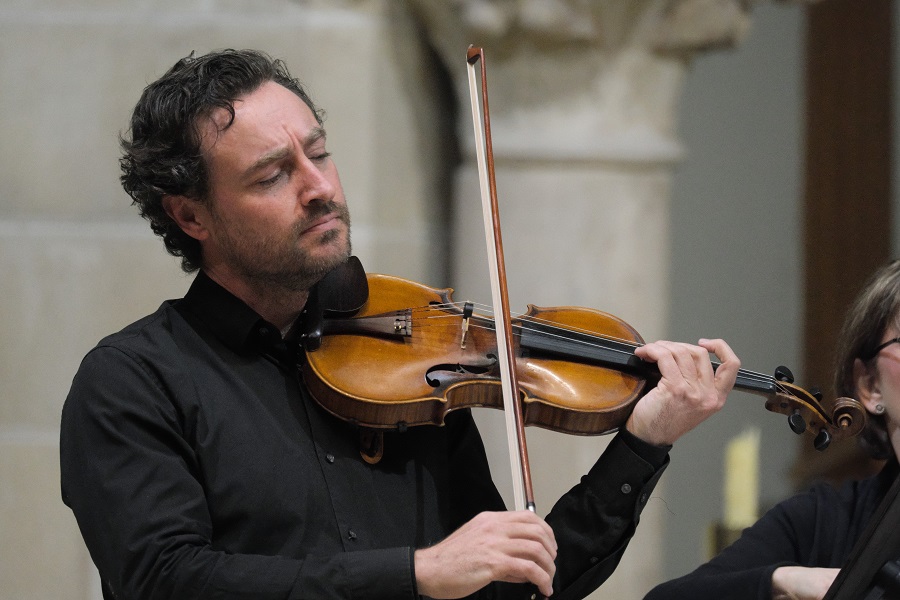

Leave a Reply